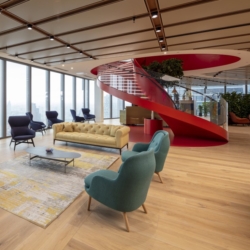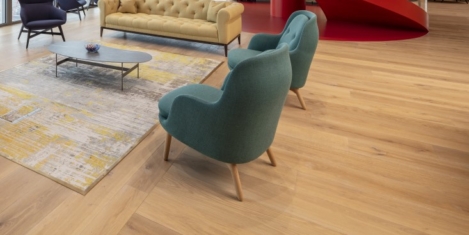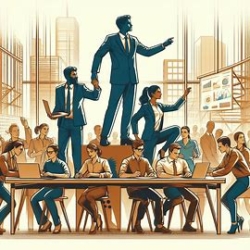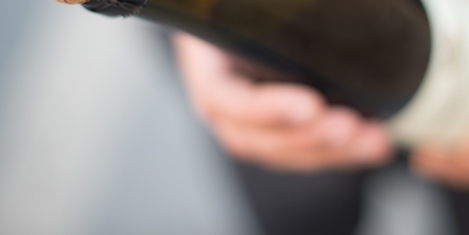May 20, 2024
Bringing workplaces back to their prime requires a holistic approach
 The pandemic radically changed the way we work and kick-started the proliferation of the hybrid model and widespread remote work. Now the picture has shifted once more, with headlines pointing to increasing return to the office policies introduced by organisations, with greater productivity and collaboration among their top reasons for doing so. Dubbed the year of the ‘Great Office Return’ by Virgin Media 02 Business Movers Index, 2023 saw four in ten companies mandating a return to the five-day office week and 92 percent enforcing some level of in-office requirement. However, enticing employees back to physical workplaces has proven challenging. According to CBRE, almost half of companies report their office attendance at 40 percent or under. (more…)
The pandemic radically changed the way we work and kick-started the proliferation of the hybrid model and widespread remote work. Now the picture has shifted once more, with headlines pointing to increasing return to the office policies introduced by organisations, with greater productivity and collaboration among their top reasons for doing so. Dubbed the year of the ‘Great Office Return’ by Virgin Media 02 Business Movers Index, 2023 saw four in ten companies mandating a return to the five-day office week and 92 percent enforcing some level of in-office requirement. However, enticing employees back to physical workplaces has proven challenging. According to CBRE, almost half of companies report their office attendance at 40 percent or under. (more…)





































May 22, 2024
Some questions about AI, a world drowning in content and the human centipede of creativity
by Mark Eltringham • AI, Comment, Technology
One unintended but welcome result of the new fixation with AI is that many of the people who became experts on the workplace in 2020 are now experts on AI. You’ll find them on social media and they’ll have written a book about it by May to sit on the shelf alongside the one about hybrid working and The Great Resignation. So, if you want some certainty about where generative AI taking us, go talk to one of them because people who know about the subject seem to have little or no idea or raise even more questions. (more…)